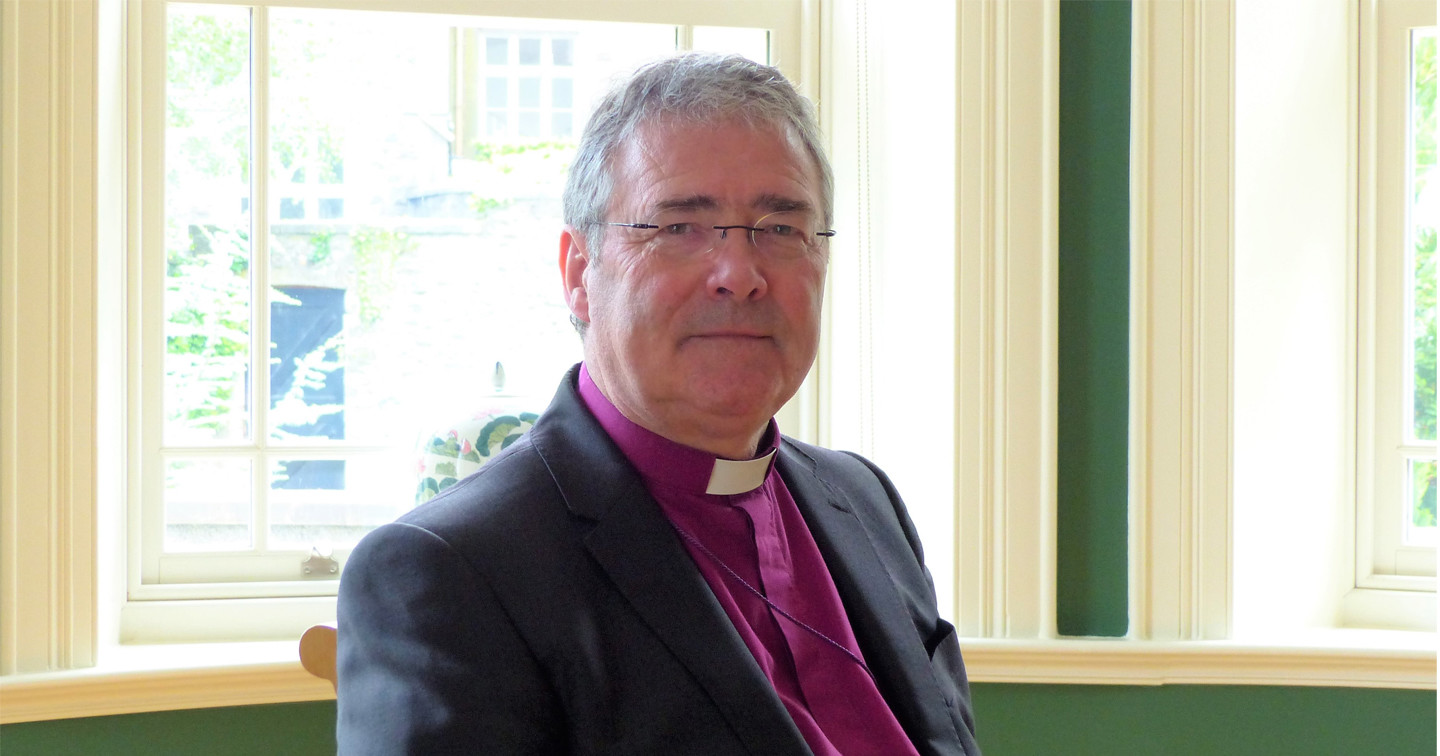The three largest denominations in Northern Ireland have warned the UK Government of the need to acknowledge the frustration, anger, and suffering caused by the decision not to prosecute any Troubles-related crimes.
Following this week’s statement by the Secretary of State for Northern Ireland, Right Honourable Brandon Lewis MP, ‘Addressing the legacy of Northern Ireland’s past’, the Presbyterian Church in Ireland has said that key principles previously committed to by government, especially the right of victims and survivors to seek due process and justice in the courts, remain important.
The UK wants to introduce a ban that would end all prosecutions for incidents up to April 1998, with PM Boris Johnson saying it would allow Northern Ireland to “draw a line under the Troubles”.
The three major church denominations have warned of the upset it will cause.
Most Rev John McDowell, the Church of Ireland (Anglican) Archbishop of Armagh and Primate of All Ireland said the announcement “will have created further heartbreak, frustration and anger for victims of the Troubles. The degree of suffering endured by victims over the years is not something that can be moved on from. It needs to be acknowledged in the full variety of its expression and dealt with over the long term.”
Archbishop Eamon Martin, the Catholic Archbishop of Armagh and Primate of All Ireland said the decision “will be seen by many victims as a betrayal of trust which denies justice to them and to their loved ones. It is disturbing that victims and survivors, those have paid the highest price for the fragile peace we all enjoy today, once more feel marginalised and neglected.”
He also called Boris Johnson’s comments “naïve” when he suggested his proposals would allow Northern Ireland to “draw a line under the Troubles”.
Archbishop Eamon Martin added: “Dealing with the legacy of our shared past is not an easy task. It is a complex undertaking which belongs to all of us. It has no ‘quick-fix’. No ‘line can be drawn’ to relieve the deep hurt still carried in the aftermath of years of violence, death and life-changing injury.”
Following the statement by Brandon Lewis MP, ‘Addressing the legacy of Northern Ireland’s past’, the Presbyterian Church in Ireland has said that key principles previously committed to by government, especially the right of victims and survivors to seek due process and justice in the courts, remain important.
Commenting on the (14 July) announcement, the Moderator of the Presbyterian Church in Ireland, Right Reverend Dr David Bruce said, “For so many innocent people it is impossible to quantify the pain, suffering and generational hurt that they and their families have suffered as a consequence of unwarranted violence visited upon them. Many victims and survivors come from our own Presbyterian family, and as a church, we will take time to review what the Secretary of State has said. We will make fuller comment at a later stage as part of the ongoing engagement. In some of the key principles that were previously committed to, the right of victims and survivors to seek due process and justice in the courts, remains important to many.”
Dr Bruce continued, “We note that today the Secretary of State again referenced the need for reconciliation in Northern Ireland. This has to be more than a passing reference in a statement. The Christian understanding of reconciliation rests upon the coming together of both love and justice. Love sent Christ to be with us. Justice sent Christ to the cross. Both were needed to reconcile us to God. So it is in the realm of human life: Love and justice need to come together, as the foundation of reconciled relationships. Reconciliation is about the work we do now to restore relationships broken by the past, in a way that can lead to a better and shared future for us all.”
The Most Revd John McDowell’s statement –
‘The announcement yesterday in the House of Commons of the path that the Government intends to follow in relation to Legacy issues in Northern Ireland will have created further heartbreak, frustration and anger for victims of the Troubles. The degree of suffering endured by victims over the years is not something that can be moved on from. It needs to be acknowledged in the full variety of its expression, and dealt with over the long term.
‘Failure to deal with Legacy has probably been the biggest political and societal failing since the signing of the Belfast/Good Friday Agreement. The one principle which all involved have been agreed on is that a general amnesty would be a morally empty response. Regardless of the name it goes under, a general amnesty is what the Government of the United Kingdom is now planning to put in place.
‘In a repeat of a dismal pattern, once again political interests in Great Britain have been used as the criteria for settling policy in Northern Ireland. Imperfect as they may have been, the carefully worked out provisions of the Stormont House Agreement have been set aside by one of the parties to the Agreement. Of course, that means a further erosion of trust in those who have been entrusted with just and fair government.
‘To believe that any process of reconciliation can be advanced by a measure that betrays the trust of victims, and of most ordinary citizens, indicates a profound ignorance of human nature and human suffering, and of the particular conditions of society in Northern Ireland.’



